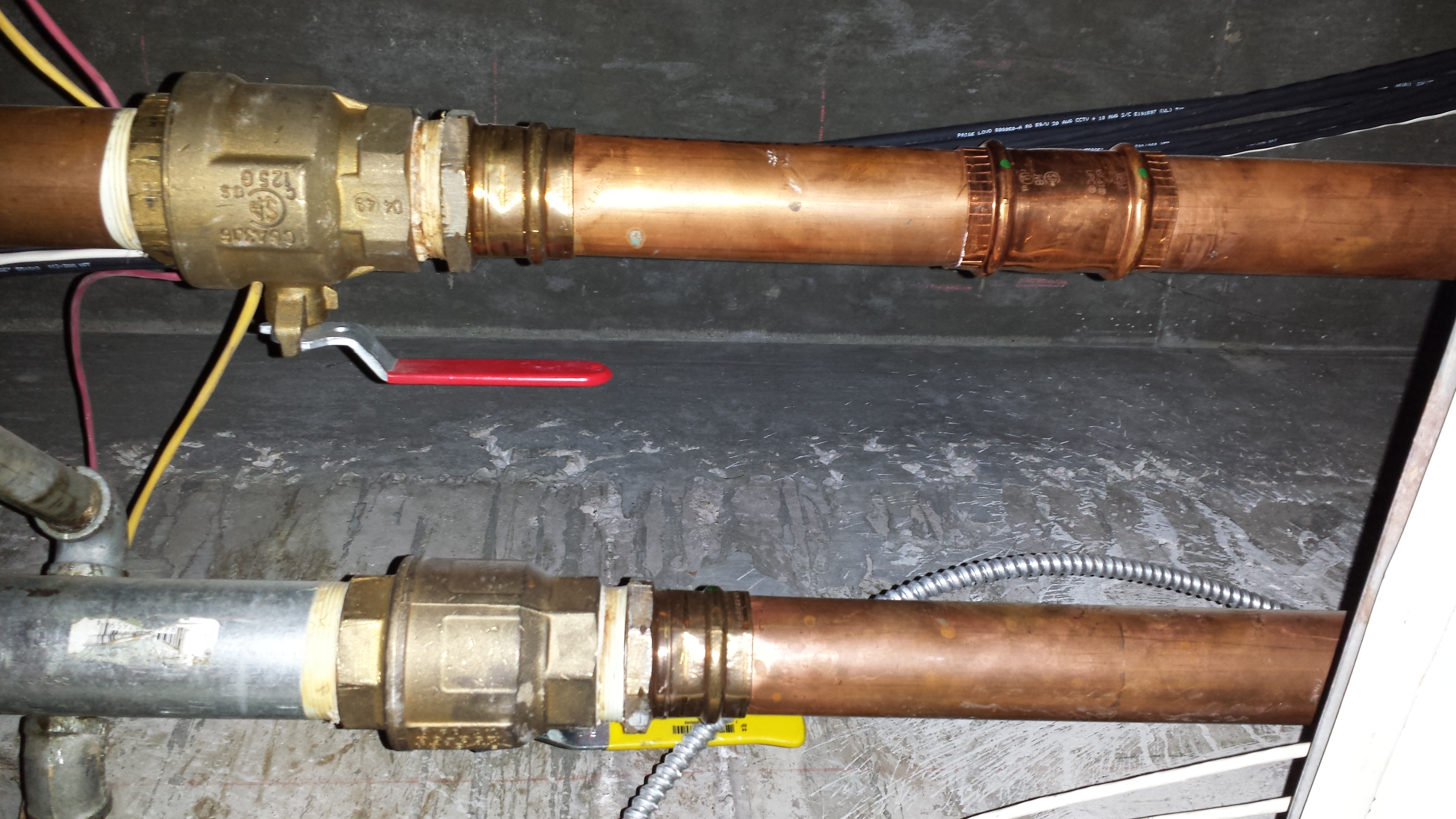The Different Types Of Plumbing Coaching
The Different Types Of Plumbing Coaching
Blog Article
Knowing when to hire a professional plumber can save you a lot of cash in the long run. You should contact a licensed plumber when a plumbing problem requires the expertise and skill of a professional. Please remember that you can prevent many serious problems and emergencies by hiring an experienced professional when you have a problem with your plumbing system. Keep reading if you want to find out what kind of problems require the expertise of a professional.
Once water line repair you have done all you can do it's time to call in the professionals. Experts dealing with water damage restoration are equipped with the equipment, experience and knowledge to be able to spot problem areas and address them right away. You should get in touch with them and arrange a visit as soon as possible. Let them know if the water is still present and how much you have been able to do. That will allow them to fit you into their schedule should your situation be urgent. Clearing water quickly is important so that mold and spores do not have a chance to take root and begin growing. This mold can cause respiratory and other serious health problems.
Be cautious. If you've just become aware of a problem with water line repair in your home, there are a few steps you should take. First, if there's a lot of water (such as from flooding), you should turn off your electricity to avoid electrocution. Also, don't use your regular household appliances (such as a vacuum cleaner) to remove water. If the water is contaminated (such as from a sewage line), you and your family should leave the home so that you don't get sick. Finally, if the water is from a leak, try to locate the leak's source and turn off the water to prevent further damage.
The first thing you need to do after leakage starts is to shut the water supply before you remove the faucet. You can either shut the valve in the sink or the main valve of your home. After that ensure that the water in the water line is drained and also the air pressure s released. This will also help in saving a lot of water that might have been wasted due to the leakage.
Dishwasher. To check water leakage on your dishwasher, you will need several sheets of paper placed underneath the machine before operating it. When the machine stops, check the sheets of paper you placed underneath to see it they are wet. If so, call a maintenance person to repair the leak immediately. It is important also for you to remember that regular dishwasher uses 15 gallons on every wash load. Make sure that when you use it, the load is full.
Here are some general cautions. Do not begin jobs on holidays, weekends, or at times when plumbers raise their rates or are difficult to reach. Do start early leaving plenty of daylight to call a plumber if something goes wrong. Study the situation carefully. Think about what might happen if something suddenly broke and what the effects would be. Old corroded copper tubing might break in the wall when you are wrenching an angle stop that supplies the water line repair to your toilet. A flood in the wall could be costly. If the angle stop, on the other hand, is new and shuts off easily and you have another toilet in the house then it might make sense to repair the toilet yourself. Be honest, too. Are you handy with tools? Did you do well in shop classes in school?
The way a toilet plunger works is by filling up with water and then pushing that water through the stopped up drain. When unclogging a clogged toilet, the idea is to plunge up and down a couple of times so the plunger fills with water and then jam the open end, sometimes called a force cone, into the waste outlet in the plugged toilet and start plunging. You may have to pump the plunger up and down several times to clear the blockage.
The plumber you hire does not normally do heating but will do hot water heating or in floor heating in the house. Some places you can use the water heater for both domestic hot water and for in floor heating if the heating is a secondary heat. Check with your local plumbing codes on this to be clear.